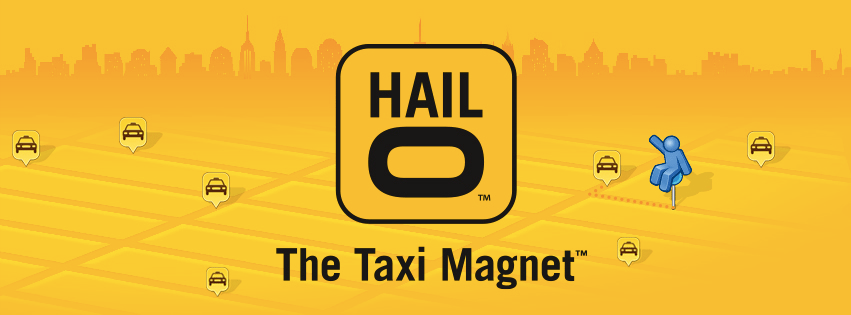Taxi-hailing apps are illegal again in NYC, day after launch

Skift Take
Big stakes game of hide-and-seek in the local taxi business in New York City, with huge entrenched players on one side with some legit demands, pushing against brash upstarts with dreams of disrupting.
New York livery car groups won a bid to block a pilot program that would enable people to hail and pay for rides in one of the city’s 13,000 yellow taxis using location-based smartphone applications.
The measure adopted by the New York City Taxi & Limousine Commission in December would run for 12 months and exempt areas such as airports that have provisions for taxi lines. While all licensed city cab drivers would be eligible, participation would be optional.
The Livery Roundtable, Black Car Assistance Corp. and several car-service firms sued the TLC in February, claiming the program violates city codes and may let drivers discriminate against racial minorities based on their names or locations, as well as the elderly, who are less likely to own smartphones.
N
